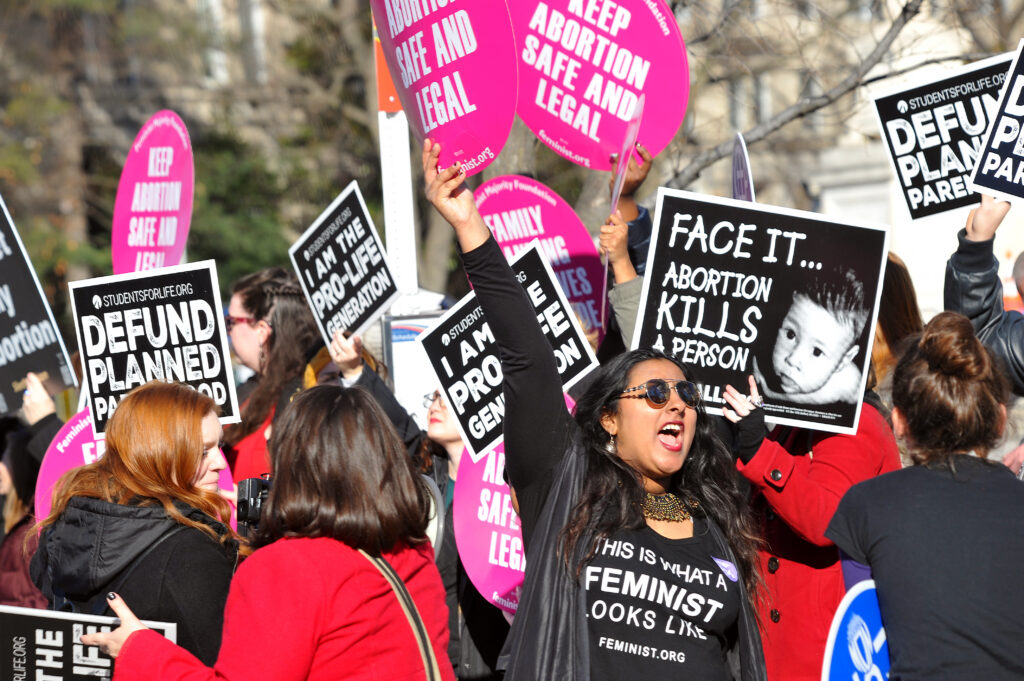
Shame is a toxic experience: one that debilitates a person, a family, and even an entire community. It is silent, malignant, patient yet paralyzing. Compassion and conversation are the only real antidotes—like the seeds necessary for healing—but they take time. This is why movements like Sakhi for South Asian Women are so vital. Founded over three decades ago, Sakhi works each day to eradicate the shame and soothe the trauma that our community bears and has accumulated over many generations. In our unwavering dedication to survivors’ dignity, healing and justice, we continue to defy and ultimately dismantle the long-held social expectations that have shackled us.
View this post on Instagram
The Supreme Court’s decision in Dobbs v. Jackson Women’s Health Organization has dealt a cruel and fundamentally unconstitutional blow to reproductive rights and gender-based violence movements. It has stigmatized further what is and should be a basic question of healthcare. It has devastated tens of millions of Americans—critically among them the most socially and economically marginalized—who no longer have what has been for a half-century a basic right to bodily agency and autonomy, and the ability to make decisions in the best interest of themselves, their families and communities.
[Read Related: Abortion Clinics Brace for Potential Surge in Violence with Overturn of Roe v. Wade]
Reproductive justice is inextricably linked to economic, social and racial justice, and abortion restrictions are a form of gender-based violence. For culturally-specific organizations like Sakhi, this decision’s damaging effects will be felt even more acutely. Within the AAPI community, Indian-American women have the highest rates of abortion in New York City. I am one of those women: throughout the course of my life, I have been pregnant four times. Twice, these pregnancies have ended in termination. All of these pregnancies happened while I have been at Sakhi, the first a score ago when I was an intern. I can say with full confidence that had I not been able to access this healthcare then, my life would have taken a fundamentally different path—one that would have probably prevented me from ultimately returning to lead Sakhi as its executive director many years later.
This is the first time I am publicly sharing my experiences with abortion. Ultimately, it is only through vocalizing these experiences that we can eradicate the shame that is projected upon us, whether as individuals or as a community.
[Read Related: Biden Responds to Leaked SCOTUS Draft on Roe v. Wade, Abortion Rights]
As I complete my fifth year as Sakhi’s Executive Director—during the very weekend after which abortion rights have been stripped from millions across the country—I am finding strength and resolve in our community’s commitment to continue demanding justice. It is time for the AAPI community to wield our collective power both at the polls and in the streets. It is time to pour whatever resources we can into funding and otherwise supporting the community-based organizations advocating for those whom this decision most endangers.
This is a moment in our country that will test us like never before. We must fight, together, to usher America out of this tragedy. I, for one, am ready—and I will not be ashamed.
Photo Source: Jeff McCoy via Shutterstock




